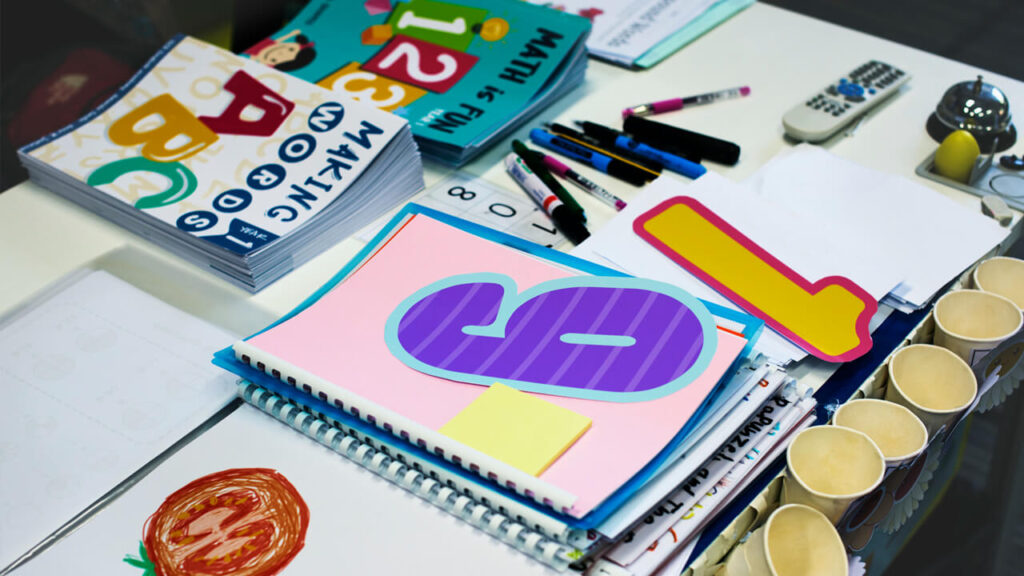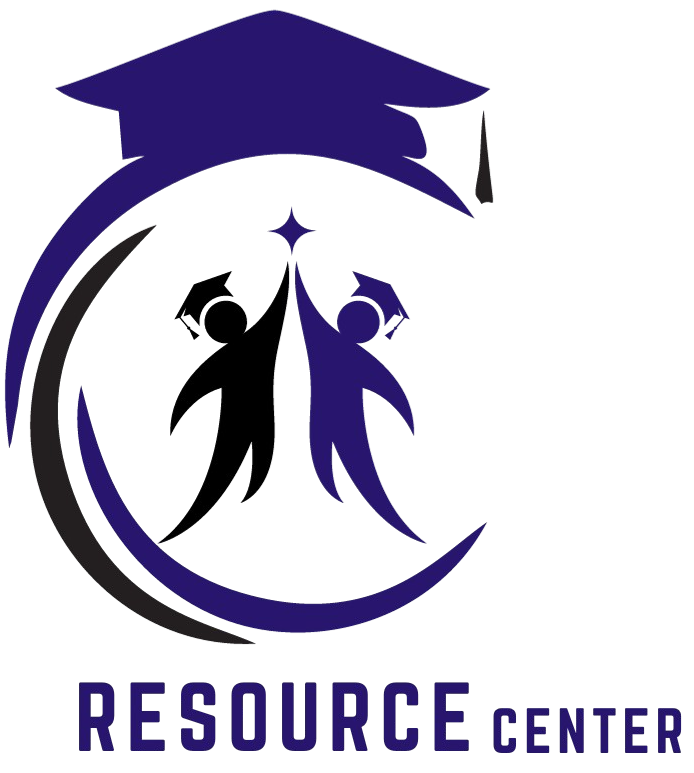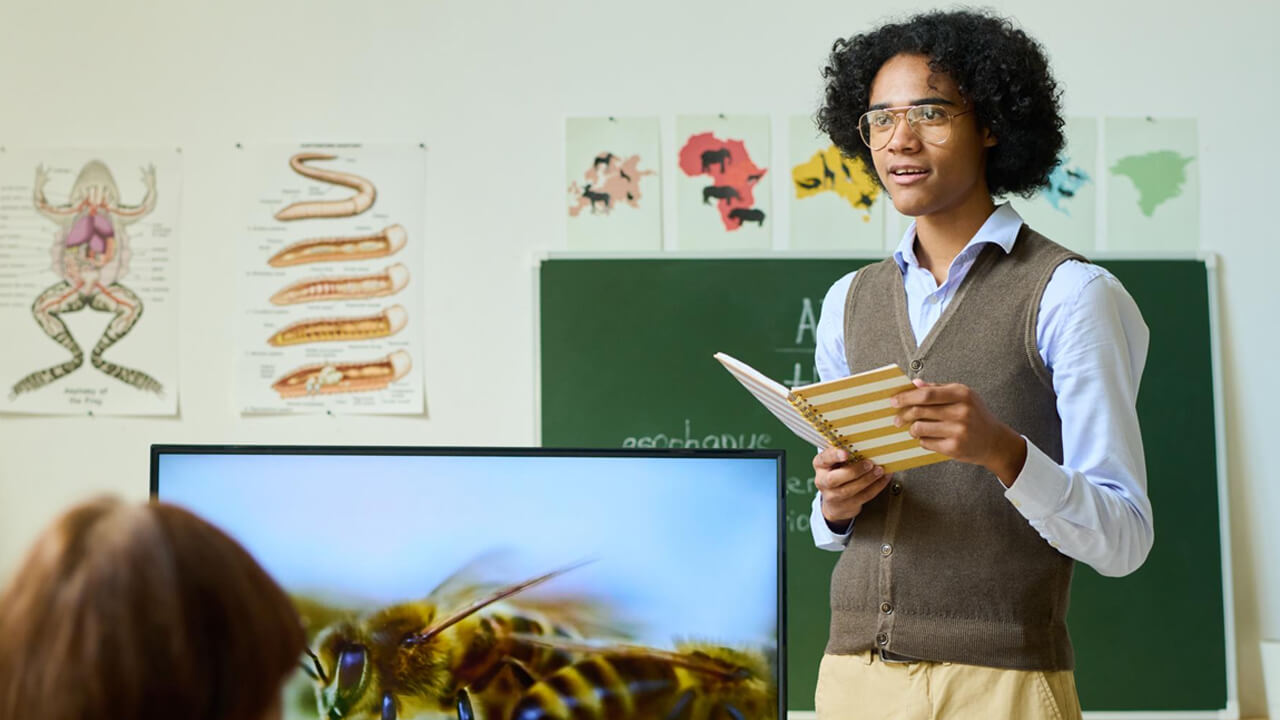The Importance of Asking Questions
Asking questions is a fundamental part of the learning process, yet many students hesitate to voice their curiosities in the classroom. The importance of asking questions cannot be overstated; it allows students to clarify concepts, deepen their understanding, and engage more fully with the material. Whether it’s a simple inquiry about homework or a complex question about the subject matter, teachers are there to guide and support students in their quest for knowledge. By fostering an environment where questions are welcomed, teachers can help students feel more confident in expressing their thoughts and concerns. It also encourages a culture of open communication, where students learn that curiosity is a strength rather than a weakness. So, don’t be afraid to ask! The more you inquire, the more you learn and grow. Remember, every question you ask not only helps you but also inspires your classmates to think critically and engage with the content. Embrace the opportunity to explore your curiosity and challenge yourself to ask the questions you’ve always wanted to.
“Education is the key to unlocking the world, a passport to freedom.”
— Oprah Winfrey


Exploring Different Learning Styles
One question that many students should have asked their teachers is, “How can I learn best?” Understanding one’s own learning style is crucial for academic success. Some students may thrive in hands-on learning environments, while others might prefer visual aids or auditory explanations. By asking about different learning styles, students can gain insights into how they absorb information most effectively. Teachers often have valuable strategies and resources to share, helping students tailor their study habits to their unique preferences. This knowledge empowers students to take charge of their learning journey and seek out methods that resonate with them. For example, if a student identifies as a visual learner, they might benefit from using charts and diagrams, while an auditory learner might prefer discussions or podcasts. By actively engaging with their teachers about these styles, students can cultivate a more personalized and effective approach to their education. Ultimately, exploring different learning styles not only enhances academic performance but also fosters a lifelong love of learning.
Lifelong Learning Beyond the Classroom
Another crucial question students should consider asking their teachers is, “How can I continue learning outside of school?” Education doesn’t stop when the final bell rings; in fact, some of the most valuable learning occurs beyond the classroom. Teachers can provide insights into various resources, such as books, online courses, workshops, and community events that encourage ongoing personal and professional development. Lifelong learning is essential in today’s fast-paced world, where new information and technologies are constantly emerging. By embracing the idea that education is a continuous journey, students can cultivate skills and knowledge that will serve them well throughout their lives. Moreover, teachers can help students understand the importance of networking and connecting with others who share similar interests, opening doors to new opportunities and perspectives. This question not only enriches a student’s current academic experience but also prepares them for the future by instilling a mindset of curiosity and growth. Lifelong learning empowers individuals to adapt to change, pursue their passions, and remain engaged citizens in an ever-evolving society.




Alex Mohr
I really enjoyed this post. Very exciting article!! Lorem ipsum is dummy text used in laying out print, graphic or web designs.
Mark Alen
Grateful for your kind words! Thrilled to hear you found value in the insights. Your support means a lot. Thanks!
Hanna Ben
Inspiring education blog! Illuminating perspectives on effective teaching. Practical insights and innovative approaches make this a must-read for educators seeking impactful strategies. Bravo!
Tom Hardy
Captivating education insights! This blog offers refreshing perspectives on effective teaching methods, making it a valuable resource for educators and learners alike. Well done!